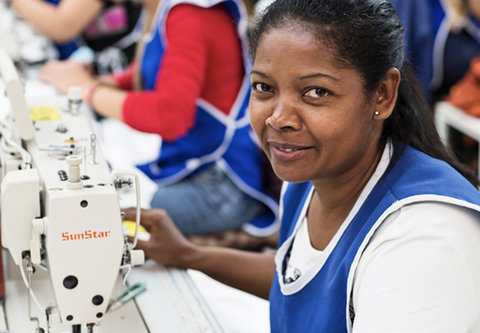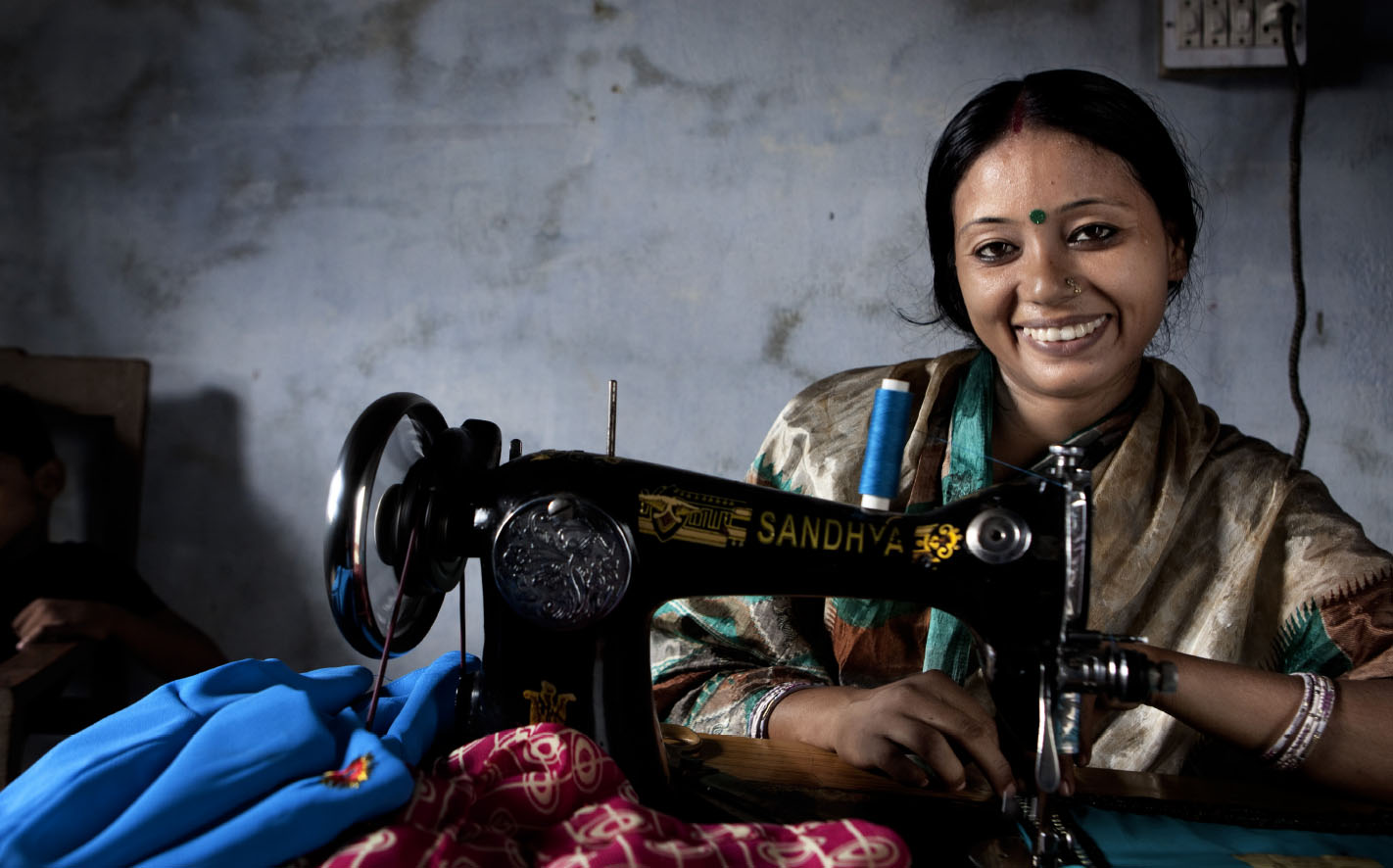Do you know who made your clothes?
Most of us don’t because the global apparel industry is opaque. We need more transparency from the fashion industry.
Transparency can lead to increased accountability. It can give a voice to the voiceless, particularly the women and immigrants who are the backbone of our industry. It can help workers, farmers, and shoppers to make more informed choices. Transparency can positively impact the 150 million people whose families depend on this industry.
And, transparency is trending.
Since 2005, the number of brands and retailers disclosing their factories grew from three to 152. The third edition of Fashion Revolution’s Transparency Index nudged brands and retailers to share more information about their purchasing practices. And initiatives we supported have been gaining momentum – such as Better Buying, a confidential platform for factories to rate their buyers, and BRAC University’s crowd-sourced map of all Bangladeshi factories have been gaining momentum. Even Vogue is writing about transparent fashion – and it’s not about lingerie.

Transparency can positively impact the 150 million people whose families depend on this industry.”
Leslie Johnston
Executive Director
C&A Foundation
For C&A Foundation, this trend is critical to encouraging the change in behaviour we need from governments, brands, retailers, factories, and each of us to make fashion a force for good.
Transparency is one of the strategic levers we pull across our signature programmes. But it’s not the only one. Increasingly, we find that advocacy – particularly for better policies – is critical to the positive change we want to see. With our partner InPACTO, we’re protecting the policies that fight against forced labour in Brazil. And with our partner Anti-Slavery International, we’re supporting European efforts to enact a Europe-wide Slavery Act.
By funding these levers, we ultimately are working to transform the linear global apparel industry into one that is regenerative and restorative, providing safe and dignified work for all. And by “regenerative,” we mean that we want to change the underlying business model of this global industry, working via our Circular Fashion signature programme to scale the innovation needed to change “business as usual”.

